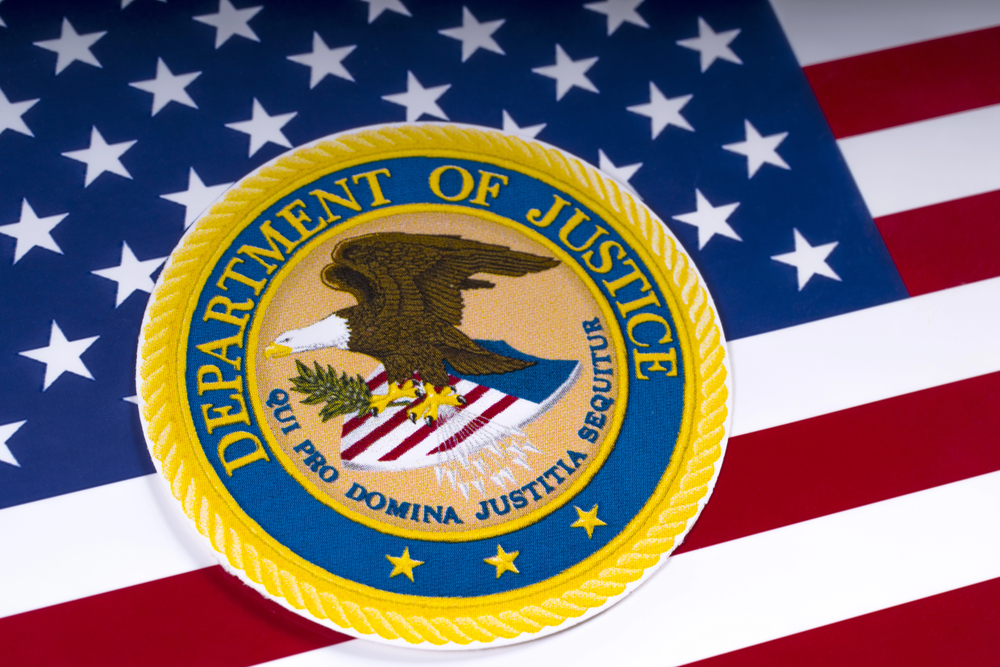U.S. judges have denied requests from the Republican-led states of Missouri and Texas to block the federal government from sending lawyers to their states on Election Day to monitor compliance with federal voting rights laws.
Both states are among the 27 that the U.S. Justice Department (DOJ) said it would send staff out to monitor at voting locations, as it has done regularly during national elections.
Federal Judge Matthew Kacsmaryk ordered the DOJ early on Tuesday to confirm that “no observers” would be present in polling locations in Texas but denied issuing the restraining order the state had requested.
“The Court cannot issue a temporary restraining order without further clarification on the distinction between ‘monitoring’ and ‘observing’ on the eve of a consequential election,” Kacsmaryk, a Trump appointee, said in the ruling.
Texas Attorney General Ken Paxton had earlier said that sending monitors “infringes on States’ constitutional authority to run free and fair elections.”
The lawsuit argued that “under Texas law, the list of persons who may be present in voting locations or central counting stations does not include federal authorities.”
District Judge Sarah Pitlyk in Missouri also denied that state’s request for a temporary restraining order, saying late on Monday, “the harms that the State of Missouri anticipates are speculative.”
Missouri’s lawsuit had accused the Justice Department of making an 11th-hour plan that intended to “displace state election authorities” by sending poll monitors on Tuesday to locations throughout St. Louis.
In a hearing on Monday evening, counsel for the DOJ said two election monitors were in Missouri to monitor one polling place in St. Louis.
The St. Louis polling place reached a settlement in January 2021 with the Justice Department over concerns about architectural barriers and other problems that could have hindered voting by people with disabilities.
As part of that settlement, the city’s Board of Election Commissioners agreed to allow the Justice Department to monitor for compliance. This included the monitoring of polling places on Election Day.
The settlement was completed at the very end of the Trump administration when Eric Dreiband previously served as the Assistant Attorney General for the Civil Rights Division.
The Justice Department declined to comment on the two lawsuits.
Republican former President Donald Trump, who faces Democratic Vice President Kamala Harris in Tuesday’s U.S. presidential election, continues to falsely claim that his 2020 defeat was the result of widespread fraud. He has urged his supporters to turn out at polling places to watch for suspected fraud.
While some of the locations the Justice Department will monitor on Election Day include key counties in the seven battleground states expected to help decide the election, it is also sending personnel to other locations such as counties in Texas, Massachusetts, Alaska, South Dakota, and New Jersey.
Neither Missouri nor Texas are considered among the seven battleground states.
The Justice Department is responsible for enforcing a variety of federal voting rights laws, such as one that requires states to accommodate voters with disabilities and another that requires states to allow U.S. citizens and military members who reside overseas to vote by absentee ballot in federal elections.







Click here to change your cookie preferences